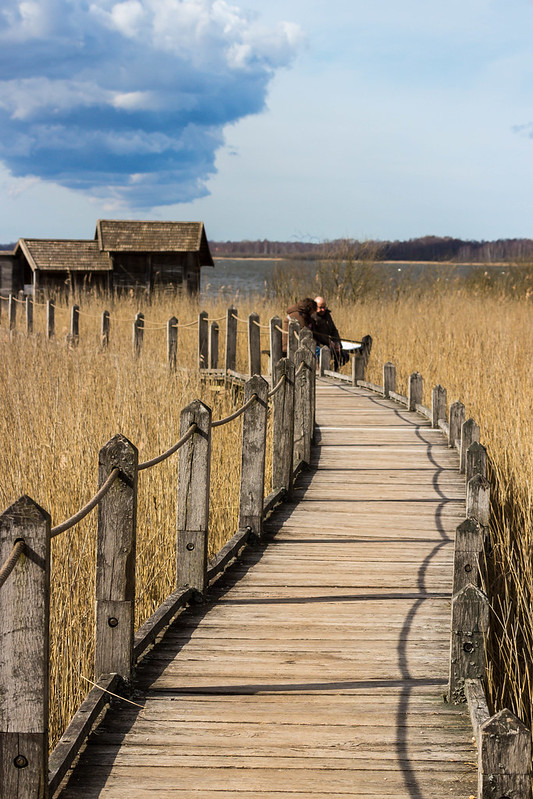
The past two days (and into tomorrow), I’ve had the good fortune to be in Austin, TX, amongst a group of dedicated National Writing Project colleagues. As with all NWP events, it has been intellectually challenging and emotionally rewarding, inviting us to think about what it means for us — as site leaders who have each traveled our own unique path to this position — to think about new ways that we can support teachers in our post-NCLB/RTTT world (which also happened to defund the NWP).
We are at the point in the retreat where we have been asked to reflect on two days of conversations, brainstorming sessions, interactive panel discussions, tweeting, post-it noting, gallery walking, and, of course, eating. While there are many themes to reflect upon, I want to zero in on two that made their way to my post it notes this afternoon: effective models for online professional development and recruiting and supporting teachers as they grow into leadership roles.
For the first component, it is fortuitous that I am teaching my first online doctoral course — EDU 807, “Learning Tools in Education Technology” — and that has kicked off this week while I am here at the retreat. There are multiple tensions that I feel need to be balanced:
- The “magic” that happens in the summer institute being face-to-face vs. the kinds of alternative experiences we can offer online.
- The pervading idea that we can “deliver” a great deal of “content” through online courses/PD vs. the kinds of participation and growth that can happen online.
- The dizzying array of ed tech tools that we could employ vs. the values we hold dear about teaching, learning, and the NWP core beliefs.
- The balance between teaching writing (alphabetic text, academic conventions) vs. digital writing with multiple forms of media.
- The fine line between creating and then offering resources and experiences in a free, open source manner vs. the traditional university ideas about ownership and intellectual property.
There are more, to be sure, but these are the few that have come to mind today.
The second major idea that is on my mind comes in the form of how we can continue supporting teachers as they grow into leadership roles, assuming that we are able to find and develop these teachers in the first place. It is no accident that the NWP model has been compared to minor league baseball’s “farm system.” Noticing and inviting teachers who showed promise as leaders was (and still is) one of the main goals of our work. The challenge is that we don’t have the immersive summer institute experience (or, at the very least, not the same system that we used to have).
Additionally, in many states, teachers are no longer rewarded — in prestige or with pay — to be truly outstanding in the sense that they actively seek out professional learning above and beyond the basics offered in their districts. For instance, in Michigan as in many other states, it is now possible for teachers to get their certificates renewed using “district sponsored” PD hours. Teachers will not be recognized or rewarded for doing more. One teacher with whom I have worked extensively, for instance, doesn’t even share info with department members about the presentations at professional conferences or publications on which we have collaborated. Neither the incentive structure in her school nor the culture of professionalism in the school invites it.
In short, my mind is full, but I admit that my heart is heavy.
This is challenging work and — while I am not afraid to tackle it — I am afraid that, despite our best efforts, we are going to lose some of the magic that is the life-changing NWP experience (with or without summer institutes). This is not to say that we can’t continue to do good work, to reach out to new teachers, and to develop exciting, enriching programs. We have already. We will in the future.
It’s just to say that the “new” pathways to leadership are going to continue to be difficult for us, as existing leaders to forge, and for the next generation of leaders to find. I know we will continue, yet I am anxious to figure out exactly how we will do so.

This work is licensed under a Creative Commons Attribution-NonCommercial-ShareAlike 4.0 International License.

This is excellent insight and honest feedback, thanks for sharing Troy.
While I hear and share your concerns – I’m a bit more hopeful. I continue to refuse to accept that magic will get lost. It might look different, it might happen differently, but the magic that we have made, are making, and will continue to make will happen – because folks like you won’t allow it otherwise.
Thanks for writing and being a partner in this work, and so much more.